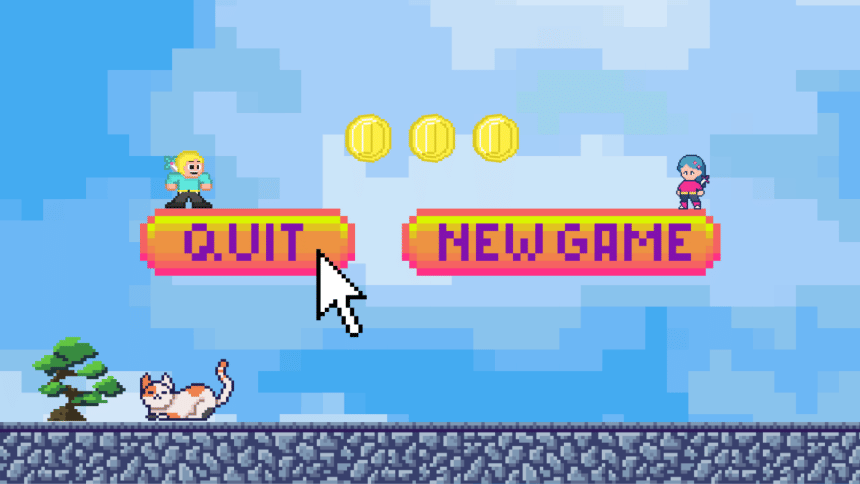The art of strategic quitting

Most of us grew up hearing the same bit of career wisdom: never leave a job before you have been there a full year, or employers will think you are unreliable. It is advice that made sense in a slower world where careers were built on long service and steady progression. But work has changed. Jobs move faster, industries transform in months, and the skills that matter today may not be the ones you need tomorrow. In this environment, sometimes the wisest move you can make is not to stay, but to leave early.
Quitting quickly is often confused with giving up. In reality, there is a difference between walking away out of frustration and leaving because the role is pulling you in the wrong direction. Strategic quitting is the art of stepping away with purpose, timing, and a plan. It is about recognising when the cost of staying outweighs the benefits, and making the decision before that cost becomes too high.
One common reason for quitting early is realising that the job you signed up for is not the one you were promised. This can happen when the role changes after you accept it, or when the culture turns out to be very different from what was described. Another is discovering that the workplace is toxic. Poor management, unfair treatment, or relentless overwork can wear you down more quickly than you expect. As Coursera noted in a 2025 article, "If you feel less motivated to go to work every day or be productive once you arrive, it could be time to move on." Sometimes you know within weeks that the situation will not improve, and staying will do more harm than good.
It is also possible to outgrow a role almost immediately. You might join with high expectations, only to find there is little to learn or no clear path forward. In other cases, the warning signs are about the company itself. If you see evidence of financial instability, confused leadership, or a lack of direction, staying too long could tie your name to a sinking ship. A 2025 article on job platform Indeed explains, "When you are passionate about your work, it creates a greater sense of purpose and fulfillment… Without this, work can feel monotonous and more like a job than a career." If your role does not excite or inspire you, moving on could be the healthier choice.
This raises the question: when is the ideal time to quit? If you can, reaching the one-year mark in a job still carries weight. It gives you enough time to learn the role, contribute meaningfully, and show future employers that you can commit. Too many short stints on a CV can make hiring managers wonder whether you will stay long enough to make your next role worth the investment. If you do need to leave sooner, you will have to explain it clearly and convincingly in interviews. Remember, the shorter your tenure, the stronger your reasons should be. And whenever you do decide to leave, the University of Southern California advises in a 2024 article that "at least two weeks' notice is ideal, giving time for you to transfer your knowledge and for your employer to find a replacement if needed."
With all that being said, leaving quickly is only one part of the equation. The other part is how you explain it. Employers want to know why you left and what you did next. The best way to answer such questions is with clarity and confidence. Show that you have moved towards something, not simply away from a bad situation. Even a short stint can provide lessons or skills you can carry forward, and these should be part of your story. Avoid speaking bitterly about your old job. A calm, thoughtful explanation will serve you far better.
Strategic quitting does not mean avoiding hard work or running from every bad day. Every career involves challenges. The real skill lies in recognising when those challenges are helping you grow and when they are holding you back. Keep in mind that leaving early should never be an impulsive reaction. It should be a deliberate choice that moves you towards a better opportunity, a healthier environment, or a role that fits your ambitions.
Sometimes quitting is not the end of a chapter at all. Done well, it is the start of a far better one.

 For all latest news, follow The Daily Star's Google News channel.
For all latest news, follow The Daily Star's Google News channel. 








Comments